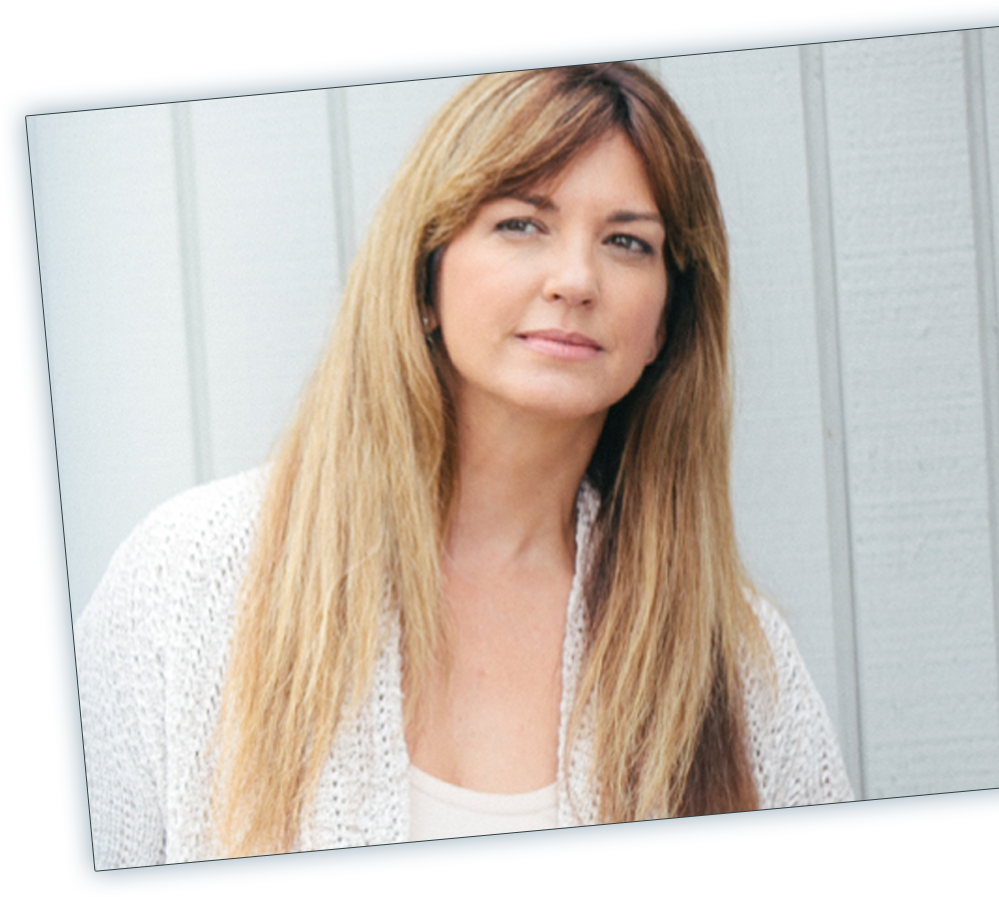I’m back in Fresno, California for a long weekend and am traveling with Teresa Medeiros’ ‘Yours Until Dawn’ and really enjoying it, but then as everyone here probably knows, I love wounded alpha heroes. If a powerful alpha is great, a powerful wounded alpha is even better.
There are authors who write witty, sexy romps, and sizzling dialogue (Loretta Chase and Julia Quinn immediately come to mind) and then there are authors who do a darker story, with tortured characters and while tortured isn’t everyone’s cup of tea, tortured suits me to a T. I never question what a writer writes, or why a writer writes. I’m just glad for books and great reads. But every now and then I come across folks–usually non-writers–and they want to question why a writer has made certain decisions and why a character is this way instead of that, or why the resolution goes one way instead of the other. And I always scratch my head at these questions. I think really hard and I want to give a good answer–I want to say something smart and literate, something conclusive but honestly, all I can think is, ‘this is how the book came to me. This is how the characters were made/shape/born.’
Writers come in all sizes, colors, packages, ages. Writers have different backgrounds, different goals, different motivations and each of us responds to different archetypes. We look for a certain resonance in our literature and stories. I look for big, hard, harsh, severe–broken. I look for epic and sweeping, dark, dangerous, chaotic. And then I look for depth and breadth, complexity and layers of emotion and excruciating tension. I want power. Substance. Does this necessarily make a fun read? No. But it does it for me, its what I’m driven to make, shape, create. It’s how I tend to live and how I see the world. I’m no ladylike debutante sipping tea from a fragile china cup. I’m a wolf in sheep’s clothing and its the unknown that appeals to me. If a path has been taken, and I must take it, then I want to know–what can I do differently? What can I, Jane Porter, bring to it? What can I introduce that is fresh, new, intriguing? Some of my stories succeed, and some apparently don’t succeed as well, but each and every time I sit down to write, I go for broke. I try to do what I haven’t done, try to generate as much conflict and emotion as I can. And every book in the end works for me or I wouldn’t send it to my editor, and I wouldn’t allow it into print.
When a reader asks me, or wonders why, a certain characters has certain characteristics, I say, because that’s who that man or woman is. I don’t intentionally make anyone all good or all bad because I don’t believe anyone is all good or bad. Instead I let a character come to me as a real person, a flesh and blood person with weaknesses and strengths. I won’t ever make a hero or heroine better than he or she should be just to make a story more commercial, or to try to humor certain readers. I love my readers, value my readers, but the reader doesn’t get to dictate my story. The reader gets to read, and I get to write. But when I take my writer hat off and just read, like I’m doing right now with ‘Yours Until Dawn’, I’m not wondering why Medeiros chose to do A instead of B. I don’t criticize her decisions or compare her to other authors. I just give myself over to the pleasure of reading and savor the story. And if there is an author, and/or a book, that doesn’t hold my attention, then I move on to another book, but I don’t lamblast the author, or publish negative reviews at Amazon or elsewhere. I just don’t get that. It’s not that it’s wrong, or shouldn’t be done, but a story is such an organic thing for me, a story comes from such a mysterious place (the writer’s heart/mind/imagination/soul) that I’d never want to lob nasty shots at an author for taking the risk to create in the first place.
And lest anyone think this is about me, or my books and reviews, it isn’t. It’s about the business in general, and then the personal private world of the writer. Writers shouldn’t have to explain or defend their work. Our stories are what they are, our themes are personal, and we want to give readers great books but the only way we can hope to craft a great book is by going inward, going to that murky place inside each of us, reaching deep, working hard, and hopefully handing over something wonderful and new. And the fact that writers do this, and successful writers do this over and over, year after year, earns my praise, support and devotion. Readers should feel free to critique, but don’t expect a writer to defend his or her work, or the different decisions made in writing a book. Writing doesn’t work that way. And I won’t ever write that way. I bowed to criticism of The Sheikh’s Wife, my 3rd book for Harlequin, nearly five years ago, and I won’t ever do that again. I write what I write because it’s who I am, and what I am, and I wouldn’t have it any other way.



By posting a comment, you consent to have your personally identifiable information collected and used in accordance with our privacy policy.